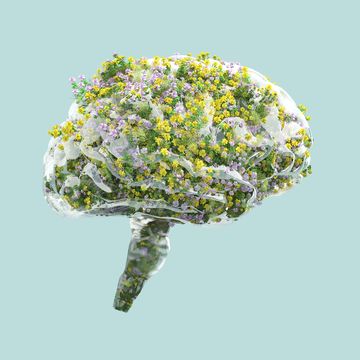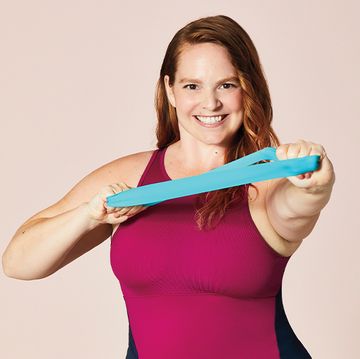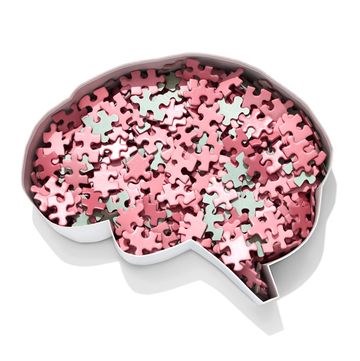You’ve probably heard physicians mention cholesterol when discussing your blood work over the years, but those numbers are more meaningful when you understand the role cholesterol plays in your body. Cholesterol is a waxy, fatlike substance that is primarily made by the liver, though some of it comes from your diet. It’s a crucial component of cell membranes, and it’s used by the body to produce hormones and vitamin D.
There are two main types of cholesterol circulating in your blood. High-density lipoprotein (HDL) is known as “good” cholesterol because it travels away from arteries to the liver and is flushed from the body. Low-density lipoprotein (LDL) is the “bad” form that can get deposited on arterial walls and increase your risk of cardiovascular disease. About 13% of U.S. adults have a total cholesterol (the sum of HDL and non-HDL) that’s high—defined as 240 mg/dL or greater. A high LDL is anything 160 mg/dL or above. When it comes to HDL, though, higher levels are actually beneficial: Levels of HDL lower than 40 mg/dL are considered a major risk factor for heart disease. There’s no one-size-fits-all approach to maintaining healthy cholesterol levels, but here are some strategies to consider:
Cut back on refined carbs
Cookies, cake, crackers, fluffy bread, chips, and soda can all lower your HDL and increase your levels of triglycerides (blood fats). Consume more fruits and vegetables, whole soy foods (like tofu), fatty fish, beans and legumes, fresh garlic, and green tea, all of which have been linked to beneficial cholesterol levels.
Keep moving
Daily aerobic exercise can help increase HDL levels.
Relax
Emotional stress may prompt the body to release fat into the bloodstream, raising cholesterol levels. Counter stress by practicing calming techniques such as deep breathing, yoga, massage, and meditation daily.
Slim down if necessary
Even a modest amount of weight loss can lower cholesterol levels.
Don’t smoke
Smoking is a risk factor for heart disease, and it can also significantly lower HDL cholesterol.
Consider medications and supplements
If you’ve been diagnosed with high or borderline high cholesterol, your doctor may recommend a statin. Though this class of prescription drugs can effectively lower LDL and total cholesterol, statins can also have uncommon but worrisome side effects, including muscle aches and weakness, liver dysfunction, cognitive impairment, and type 2 diabetes, so you should discuss the pros and cons with your doctor. If you do decide to take a statin, I recommend also supplementing with coenzyme Q10. Statins reduce the body’s production of this powerful antioxidant, which benefits heart health by protecting LDL cholesterol from oxidation and by reenergizing the mitochondria in the heart cells (where energy metabolism occurs). What’s more, taking coenzyme Q10 may help counteract muscle and joint aches that can stem from statin use.
Dr Weil is the founder and director of the Andrew Weil Arizona Center for Integrative Medicine at the University of Arizona and a member of Prevention's Medical Advisory Board.












